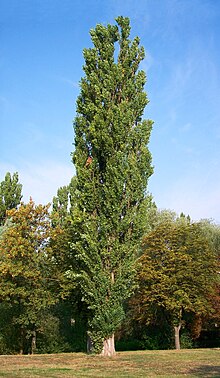Our website is made possible by displaying online advertisements to our visitors.
Please consider supporting us by disabling your ad blocker.
Phaethon
| Phaethon | |
|---|---|
 The Fall of Phaeton Statue. Marble, c. 1700–1711 by Dominique Lefèvre, from Paris, France, now at The Victoria and Albert Museum, London | |
| Genealogy | |
| Parents | Helios and Clymene |
| Siblings | The Heliades |
| Consort | Cycnus (lover) |
Phaethon (/ˈfeɪ.əθən/; Ancient Greek: Φαέθων, romanized: Phaéthōn, lit. 'shiner', pronounced [pʰa.é.tʰɔːn]), also spelled Phaëthon, is the son of the Oceanid Clymene and the sun god Helios in Greek mythology.
According to most authors, Phaethon is the son of Helios who, out of a desire to have his parentage confirmed, travels to the sun god's palace in the east. He is recognised by his father and asks for the privilege of driving his chariot for a single day. Despite Helios' fervent warnings and attempts to talk him out of it, counting the numerous dangers he would face in his celestial journey and reminding Phaethon that only he can control the horses, the boy is not dissuaded and does not change his mind. He is then allowed to take the chariot's reins; his ride is disastrous, as he cannot keep a firm grip on the horses. As a result, he drives the chariot too close to the Earth, burning it, and too far from it, freezing it.
In the end, after many complaints, from the stars in the sky to the Earth itself, Zeus strikes Phaethon with one of his lightning bolts, killing him instantly. His dead body falls into the river Eridanus, and his sisters the Heliades are turned to black poplar as they mourn him.
Phaethon's tale was commonly used to explain why uninhabitable lands on both sides of extremity (such as hot deserts and frozen wastelands) exist, and why certain peoples have darker complexions, while his sisters' amber tears accounted for the river's rich deposits of amber.

Previous Page Next Page


